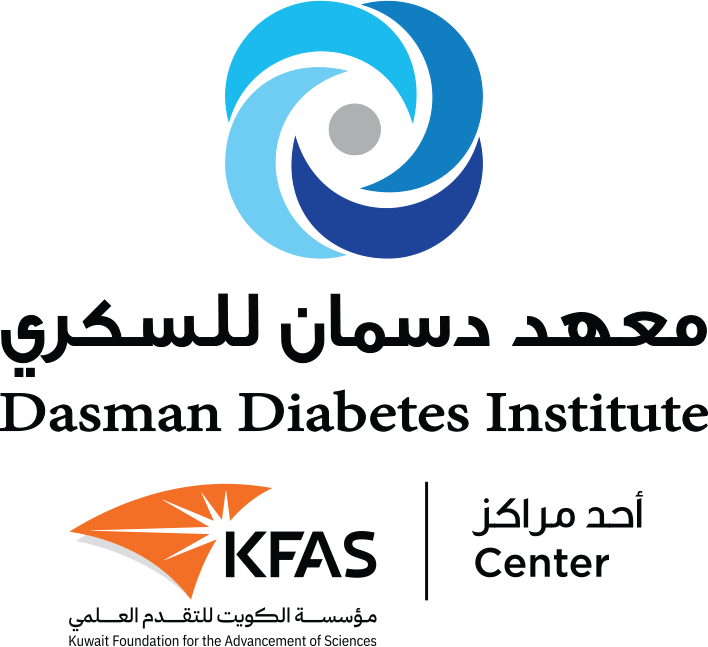GLOBAL COLLABORATIVE APPROACH IN DISCOVERING GENETIC DETERMINANTS OF METABOLIC DISORDERS
Published on 04/04/2022
There is currently a global effort to apply large-scale genomic science and associated technologies to further the understanding of disease pathogenesis in diverse populations. These efforts focus on identifying individuals and populations at risk for developing specific diseases and understanding the underlying genetic, as well as the environmental, contributions to that risk.
Given the large amount of genetic diversity globally, there is an enormous opportunity to utilize such approaches to benefit all populations and help mitigate human disorders.
The Global Lipid Genetics Consortium (GLGC) is a collaborative initiative that collects summary statistics of genetic association tests with major lipid traits such as High-Density Lipids (HDL), Low-Density Lipids (LDL), Triglycerides, non-HDL, and Cholesterol from global genetic cohorts and then performs meta analysis to discover novel risk alleles particularly the low-frequency genetic risk loci for lipid traits.
DDI joined the GLGC in 2016 and has been actively participating and contributing to this global initiative. As an outcome of this engagement, the institute is part of a recent publication in Nature.
Graham SE, …, Hebbar P,…, Al-Mulla F,…, Thanaraj TA, …Willer CJ. The power of genetic diversity in genome-wide association studies of lipids. Nature. 2021 Dec;600(7890):675-679. https://www.nature.com/articles/s41586-021-04064-3.
The main finding of this research is that previous Genome-Wide Association Studies have been conducted mainly in European ancestry populations and have missed many ethnic-specific genetic variants that contribute to lipid-level variation in other populations. Including such ethnic cohorts made it possible to identify differences in allele frequencies, effect sizes, and linkage-disequilibrium patterns across different populations.
Dr. Prashantha Hebbar, who is a statistical geneticist working in the department of Genetics and Bioinformatics, says “Since low frequency variants are not good enough in number to derive statistical associations in small cohorts, pooling such variants from global cohorts enables us to examine such variant’s role in metabolic diseases.”
Principal investigator Dr. Alphonse Thangavel says: “DDI was the first institute from the Middle East to join this international consortium. Including diverse ethnic cohorts such as Arabs helps improve substantially the fine mapping of functional variants and polygenic risk predictions. That, in turn, will benefit the clinical translation of these findings in mitigating metabolic disorders.”
Chief Scientific Officer Prof. Fahd Al Mulla commented: “Understanding polygenic scores and performing them well will ultimately lead to more meaningful implementation of precision medicine. The findings from this global effort and this study are particularly important to the Arab population which has a high prevalence of metabolic disorders”.


